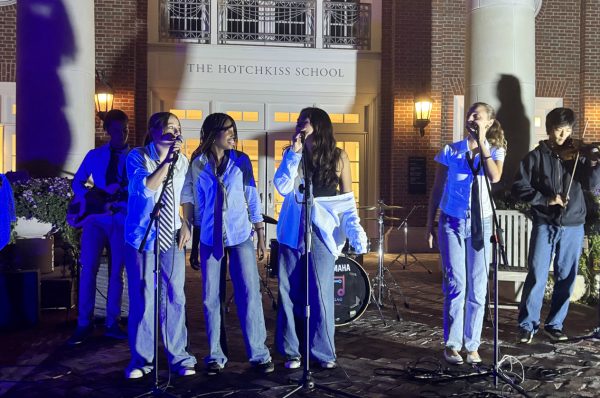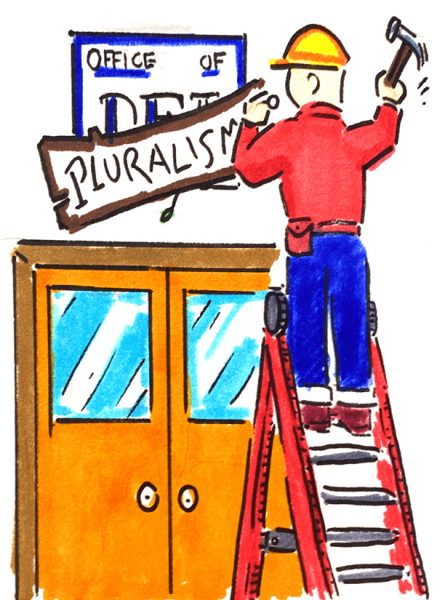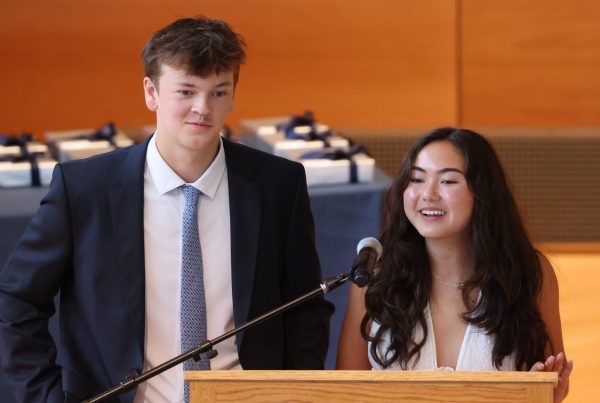Students Protest Breonna Taylor Court Ruling
The morning of September 25, almost 400 students congregated on Sprole Field in a demonstration responding to the grand jury’s decision to not charge the police officers involved in Breonna Taylor’s death.
On March 13, Taylor, a 26-year-old EMT, was shot and killed by three officers in Louisville, Kentucky. The officers, Jonathan Mattingly, Brett Hankison, and Myles Cosgrove, had broken into her home to execute a no-knock warrant. This incident was one of many catalysts for nationwide protests condemning police brutality against the Black community.
On September 24, nearly six months after the fatal shooting, a grand jury ruled that none of the officers who shot at Taylor would be charged with murder. One officer, Hankinson, was charged with three counts of wanton endangerment for firing shots that went into the neighboring apartment. The grand jury justified the shooting by the officers as an act of self-defense, as they fired in response to a shot from Ms. Taylor’s boyfriend, Kenneth Walker III.
The news of the ruling in Taylor’s case was infuriating to many, especially students of color at the school. Aleema Kelly ’22, head of Café, the affinity group for black and brown women, wrote in an all-school email, “This news is incredibly heartbreaking for me personally and for many other members of our community, as this is yet another example of the brutality and injustice that the Black community and other marginalized communities face.”
The heads of Men of Color at Hotchkiss (MoCaH) and Café organized the demonstration and walkout at the school. All members of the community were invited to wear black and gather in Main Circle at 9:00 a.m. to march. As people marched down to Sprole Field, students chanted “No Justice, No Peace!” and “Black Lives Matter!”
Once at Sprole, students took a knee and observed silence for four minutes to symbolize and draw attention to the 20 minutes Taylor spent bleeding to death before emergency personnel arrived. The moment of silence was followed by an open mic. All students, regardless of identity, were invited to speak about how racism impacted them, their loved ones, friends, and family. “The range of emotions at the microphone spoke to [how impactful the discussion was]; there were tears, words of anger, and words of hope,” Kelly said. “The Black community at Hotchkiss needed a space where they could be vulnerable, themselves, and unapologetically Black.”
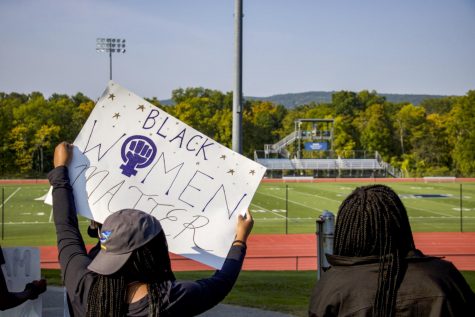
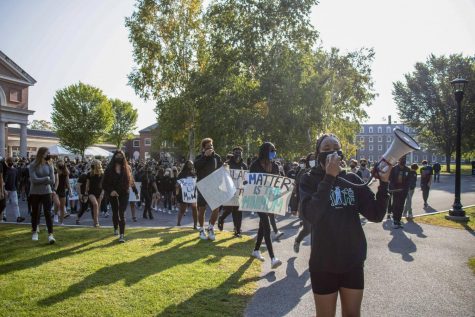
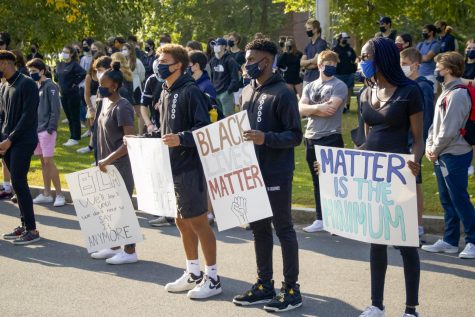
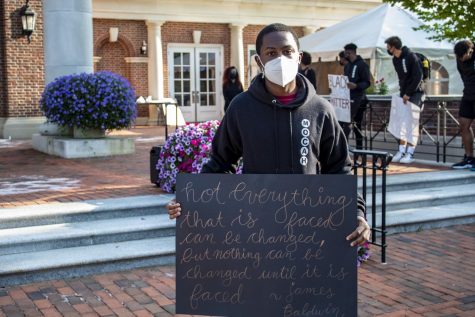
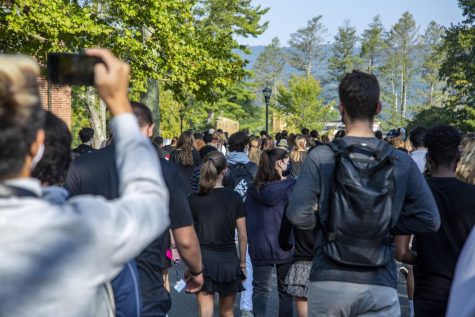
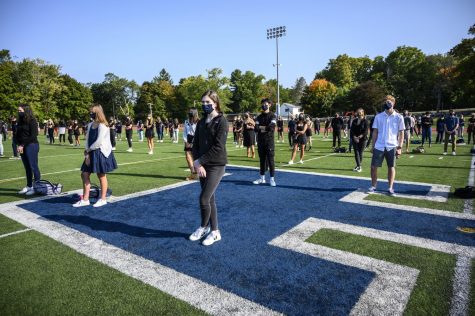
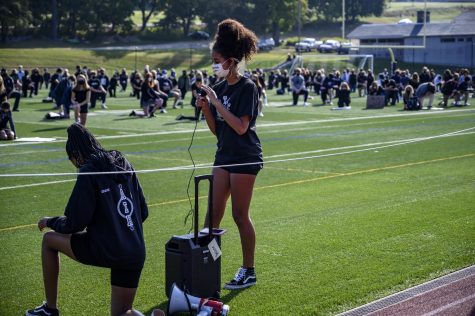
After lunch, over 400 community members attended a two-hour virtual fishbowl discussion. The space specifically provided remote learners a chance to join the day’s conversations. Annie Dong ’23 encouraged remote students to attend to show their support and said, “I felt like I really needed time to reflect and evaluate my own actions based on the things I learned [at the discussions]. I also came to better terms about the anger and frustration I was feeling.”
The demonstration has opened up more conversations about allyship, police brutality, and the Black Lives Matter movement. Topics about the Black experience that may have been restricted to certain affinity group discussions have now expanded to community-wide conversations. Isamar Martinez ’24 said,“Having such a strong support system makes Black Hotchkiss students feel supported, protected, and safe, and it unites the Hotchkiss community in the best way possible.”


